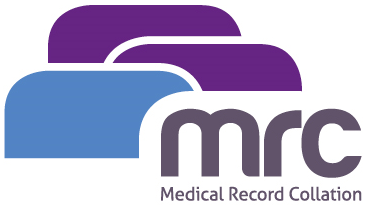It’s always important to try to lift your gaze from the day-to-day, and keep an eye on the bigger picture. In our line of work, this can mean trying to put aside the ever-important minutiae of individual cases to focus on why we do what we do, and what our clients need from us.
Conferences provide us with a great opportunity to do just that, and to develop our client relationships. But sometimes the picture is bigger still – and that was definitely the message I took home from the keynote speakers at this year’s SCIL conference in Birmingham.
Tom Ray developed sepsis in December 1999, when his wife Nic was nine months’ pregnant with their second child. Within days, Tom had had a significant part of all four of his limbs removed, and parts of his face. He spent nine months in hospital.
Somehow, together, Tom and Nic survived the rehabilitation, the post-traumatic stress, the financial disasters and the loss of the lives they had planned and dreamed about. Not surprisingly, they have become experts in disaster management, recovery and personal resilience. And that was what they spoke to us about in Birmingham.
Everything they said was humbling, but two particular points stayed with me: Firstly, you sometimes have to kill off the person you thought you were meant to become, to become the best version of the person you are; And secondly, take any opportunity to do things you love. Don’t try to clear the to-do list first – go and paint, or head to the lake for a wild swim (or is that just me?!)
The book published about their story – Starfish – has also been made into a film. Whichever medium you favour, you’ll need a lot of tissues :0)
Lahra Tyndall
